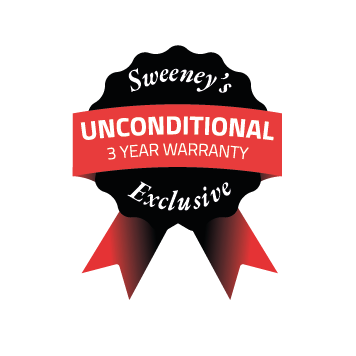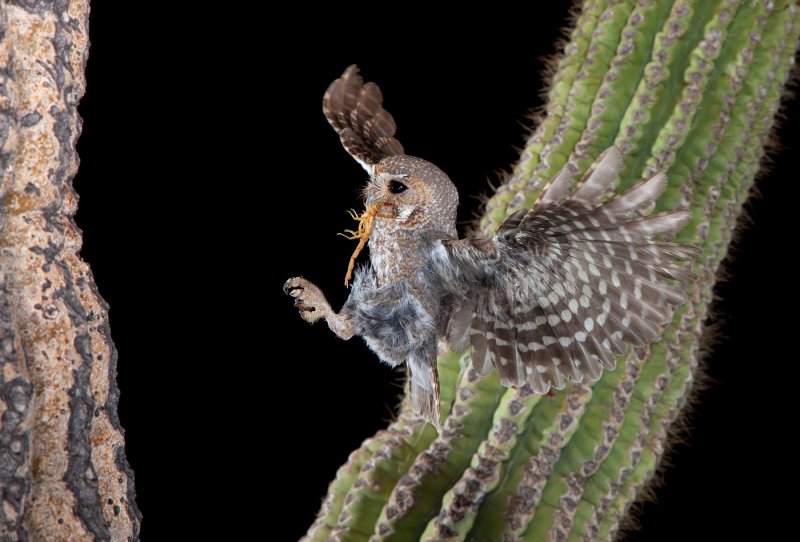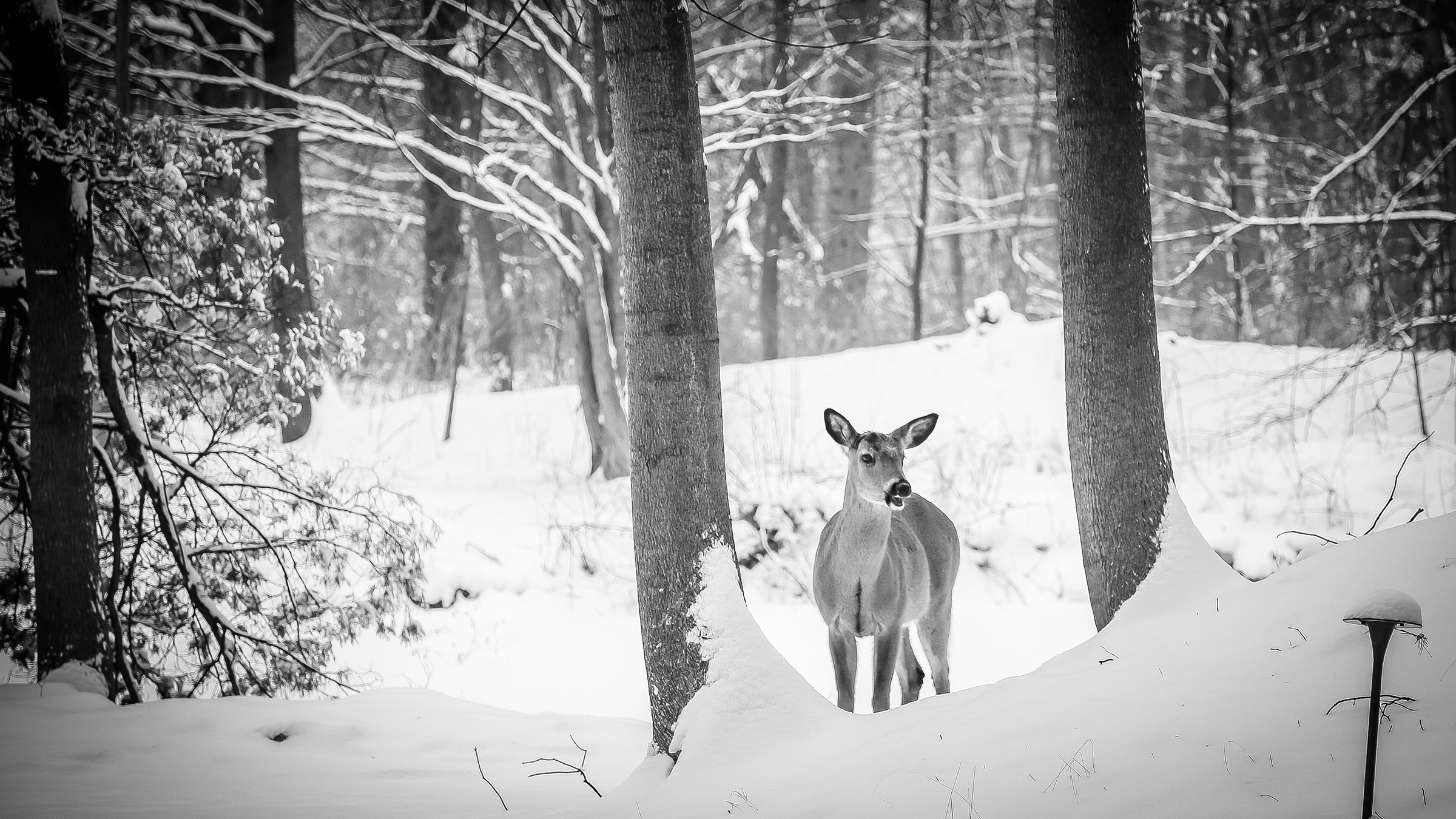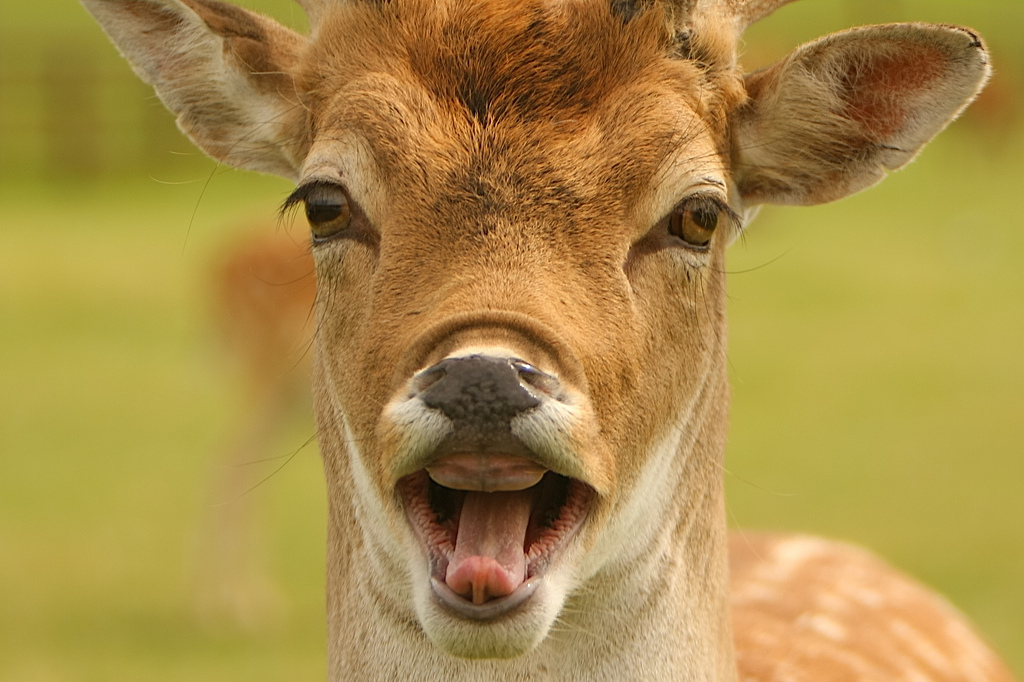
Blog
- SEO Team
Feeding Deer During Winter
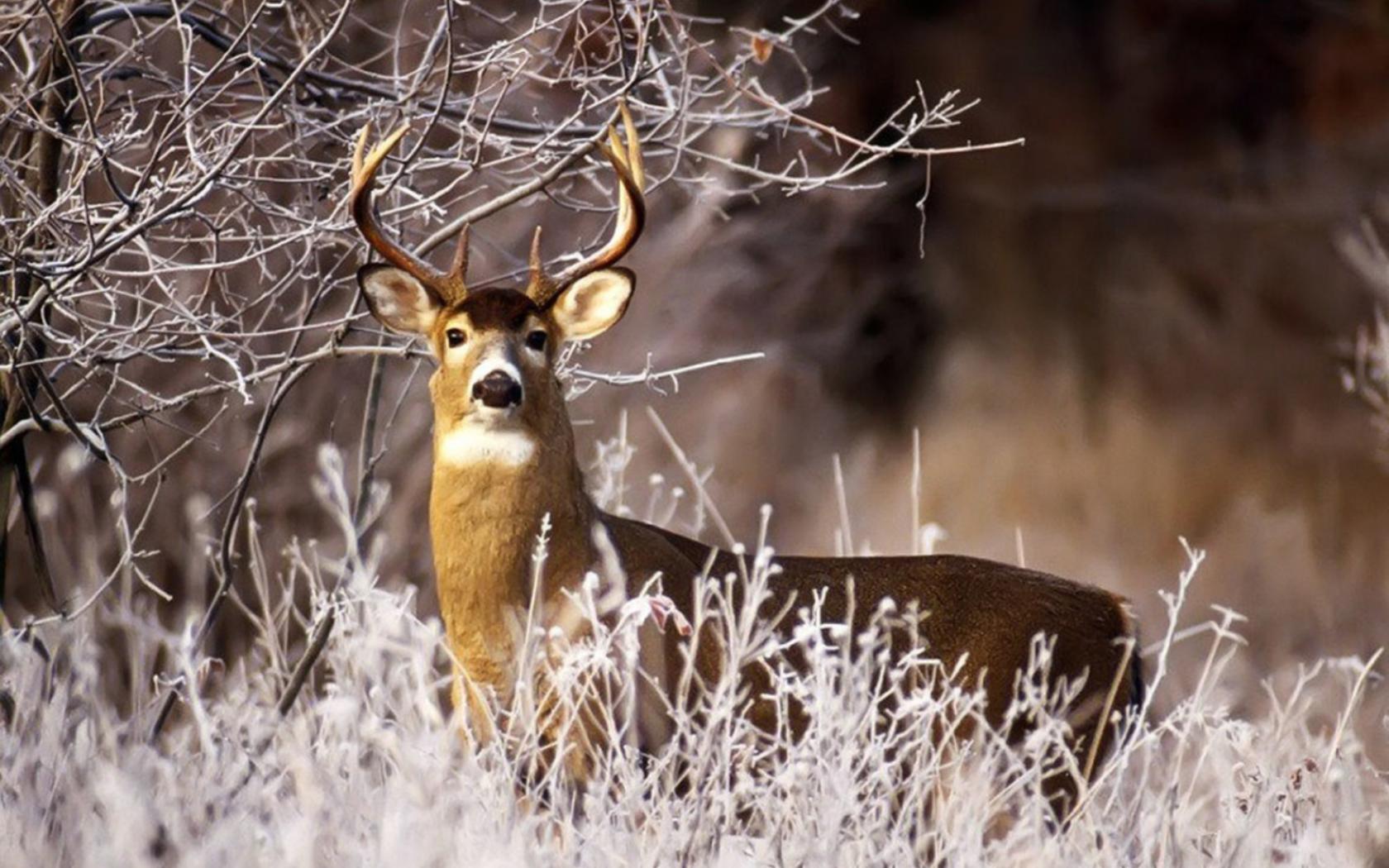
Property owners often take delight in having deer close to or nearby their homes. And it’s easy to understand why – deer are attractive, mostly harmless and can be very tasty when hunted or harvested. Regardless of the time of year, people enjoy seeing deer through the nearby woods or in their back yards while hunters are always on the look-out for large-antlered bucks. During winter, deer lose most of their foraging habitats due to the bad weather, and if the herd is too large, many could starve to death. To avoid these dreadful situations, many people support their local deer population through supplemental feeding, by using an automatic deer feeder. If you’re not sure where to place your feeder, check out our article on deer movement times.
Advantages of Feeding Your Deer During Winter
Installing an automatic deer feeder on your property is a great way to support the local wildlife while creating the opportunity to see deer on an almost daily basis. Sweeney’s sturdy metal deer feeders are held several feet up in the air with the help of metal supports, allowing it to scatter feed in a wide area. These steel deer feeders also feature digital timers that allow owners to set when and how long the feed is spread. The digital timer prevents food and money waste by ensuring that the exact amount of food is distributed each day to help the deer population flourish.
Your local deer population has a better chance of making it through winter with the help of a steel deer feeder from Sweeney. A healthy deer population also means better hunting opportunities when the next season opens.
Disadvantages to Winter Deer Feeding
That being said, supplemental deer feeding can have some disadvantages. Farmers in particular know the dangers of deer overpopulation. Deer can inflict extensive damage to crops and in certain cases there is the risk of increased vehicle accidents. Too many deer can lead to overgrazing and loss of shrubs and bush in forest areas, which in turn, leads to lower populations of smaller animals and birds. You will also have to keep in mind that certain states have legal restrictions in place prohibiting supplemental deer feeding. It’s always a good idea to check your state laws before feeding your local deer.
Recent Articles

We built our first timer over 50 years ago. With that timer, we established a constant determination to build quality products that meet our customers’ needs. This unwavering focus on quality products and excellent customer service is the foundation of Sweeney Enterprises.
